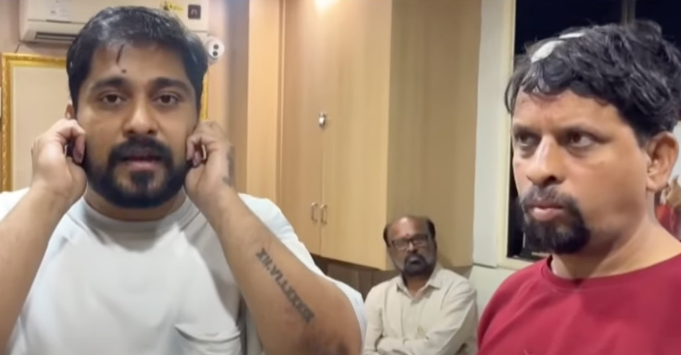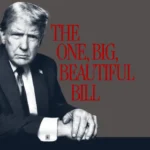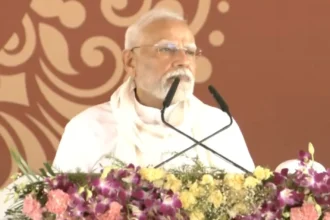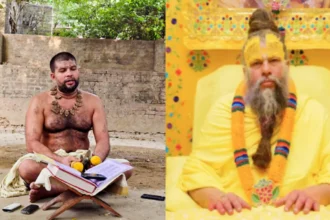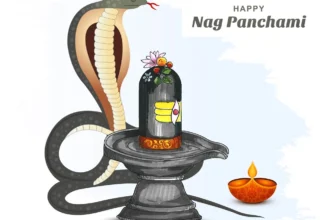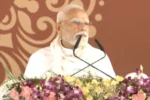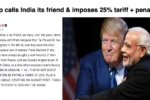The incident involving former MP Rajan Vichare (part of UBT group) and shopkeepers in Thane has indeed sparked a heated debate across social media, reflecting the deep divisions and strong sentiments surrounding language politics in Maharashtra. While a live, real-time feed of social media comments is not available, here’s a summary of the general public reactions, categorized by sentiment, based on how such incidents typically unfold and the early reports emerging:
I. Assault by UBT – Strong Condemnation and Calls for Justice (Predominant View):
A significant portion of social media users, including many from Maharashtra and outside, have expressed outrage and condemned the alleged assault. Key themes in this category include:
- “Goondaism will not be tolerated.” Many users are labeling Vichare’s actions as hooliganism and demanding strict legal action against him, emphasizing that no politician should be above the law. Hashtags like #ArrestRajanVichare and #LawAndOrderInMaharashtra are likely trending.
- “Violence is never the answer.” People are stressing that while promoting one’s language is fine, resorting to physical assault is unacceptable and reflects poorly on democracy.
- “This is not Marathi pride, this is bullying.” Many Marathi speakers themselves are distancing themselves from Vichare’s actions, stating that true pride in their language does not involve violence or coercion. They argue that such incidents tarnish the image of Marathi people.
- “What about diversity?” Users are pointing out that Mumbai and Thane are cosmopolitan cities with diverse populations, and forcing language on people goes against the spirit of inclusivity.
- “Police inaction questioned.” There’s a strong undercurrent of criticism towards the police, with many questioning why immediate arrests or stricter action haven’t been taken, especially if the video clearly shows an assault.
- “Hypocrisy of politicians.” Some users are highlighting the perceived hypocrisy of politicians who invoke regional pride for political gain but disregard legal principles.
Typical Comments (paraphrased):
- “This is disgusting! How can an ex-MP beat up shopkeepers? This is not how you promote Marathi. Shame!”
- “If this happened to a Marathi shopkeeper, wouldn’t we demand justice? Violence for language is unacceptable.”
- “Where is the law? If an ordinary citizen did this, they’d be in jail. Why is he free?”
- “We support Marathi, but not this hooliganism. This only gives a bad name to our language and state.”
II. Assault by UBT – Support and Justification (Minority but Vocal):
A smaller, but very vocal, segment of social media users has come out in support of Rajan Vichare, often framing his actions as a necessary response to perceived injustices. Their arguments typically center on:
- “Marathi pride and protection.” These users believe Vichare was standing up for Marathi people and their language, which they feel is being marginalized.
- “Migrants not respecting local language.” They often accuse non-Marathi speaking shopkeepers of disrespecting the local language and culture, justifying the strong-arm tactics.
- “Response to previous assault on Marathi youth.” Many are quick to point out the context of the prior alleged assault on a Marathi youth, implying Vichare’s actions were a “tit-for-tat” or a necessary “lesson.”
- “He did what was needed.” Some see Vichare as a hero who took direct action where official channels might have failed.
- “This is about preserving our identity.” They argue that without such assertive measures, Marathi identity and language will be eroded.
Typical Comments (paraphrased):
- “Good job, Vichare ji! These outsiders need to learn to respect Marathi and speak our language in our state.”
- “They hit our Marathi brother, what else did they expect? This is a strong message.”
- “It’s high time someone taught them a lesson. If you live in Maharashtra, speak Marathi!”
- “He is a true Shiv Sainik, standing up for his people. The media is biased.”
III. Assault by UBT – Calls for Dialogue and Understanding:
A more neutral segment of users is calling for a balanced approach, emphasizing the need for dialogue and mutual understanding rather than conflict.
- “Find common ground.” They suggest that both sides need to respect each other’s languages and cultures.
- “Promote, don’t force.” The idea of promoting Marathi through positive means (education, incentives) rather than coercion is often brought up.
- “Focus on real issues.” Some users express frustration that language issues are being politicized while more pressing concerns like economy and infrastructure are ignored.
Overall Trend:
The overwhelming sentiment appears to be one of condemnation of the violence, even if there’s an underlying recognition of the language sensitivities. The visual nature of the alleged assault, especially by a public figure, makes it difficult for many to condone. The incident is serving as a fresh flashpoint in Maharashtra’s ongoing language debate, with social media acting as a critical platform for both outrage and endorsement.
Keep following Duniya Daily for more such national news and updates!

